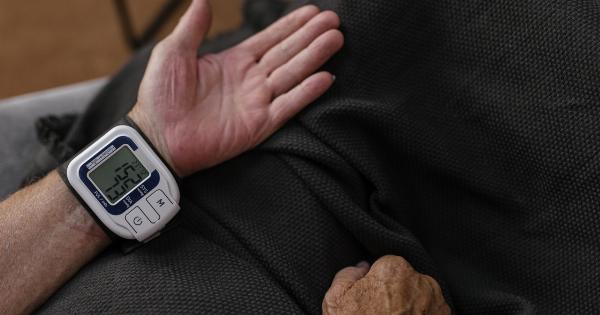Sweating is a natural and essential process that helps regulate our body temperature by releasing heat from the body through evaporative cooling.
While some people may see sweat as unattractive or unpleasant, understanding the science behind sweat can help you appreciate its importance and even use it to your advantage in certain situations.
What is Sweat?
Sweat is a clear, odorless liquid that is secreted by sweat glands located throughout the body. There are two types of sweat glands: eccrine glands and apocrine glands.
Eccrine glands are the most common type and are found on the palms of the hands, soles of the feet, and forehead. These glands secrete a watery fluid that is mostly composed of salt and water.
Apocrine glands are found in the armpits and genital area and secrete a thicker, milkier sweat that is high in protein. This type of sweat is what causes body odor when it comes into contact with bacteria on the skin.
Why Do We Sweat?
We sweat to regulate our body temperature and cool down when we get too hot.
Our bodies are constantly producing heat as a byproduct of cellular function, and when our core body temperature rises above a certain point, our body uses sweat as a cooling mechanism.
When we sweat, the liquid that is secreted from the sweat glands evaporates on the surface of our skin, which causes heat to dissipate and our core body temperature to lower.
The evaporation of sweat is more effective in dry environments, which is why we tend to sweat more in humid weather.
How Much Do We Sweat?
On average, humans produce between 0.5 and 1.5 liters of sweat per day. However, this can vary greatly depending on factors such as age, gender, and physical activity level.
For example, athletes may produce up to 2 liters of sweat per hour during intense exercise.
Sweat production can also be affected by hormones such as adrenaline, which can cause an increase in sweat production during times of stress or excitement.
What Can Affect the Smell of Sweat?
The odor of sweat is caused by the breakdown of sweat by bacteria on the skin. However, there are several factors that can contribute to the odor of sweat:.
- Diet: The foods we eat can affect the smell of our sweat. For example, foods that are high in sulfur, such as garlic or onions, can cause a more pungent odor.
- Hormones: Hormonal changes such as those caused by puberty or menopause can cause changes in the smell of sweat.
- Medications: Certain medications can cause changes in the smell of sweat.
- Hygiene: Poor hygiene can lead to a buildup of bacteria on the skin, which can cause a stronger odor.
Can Sweating Help Detoxify the Body?
There is a popular belief that sweating can help to rid the body of toxins, but there is little scientific evidence to support this claim.
While sweating does flush out some waste products such as urea, the kidneys are the primary organs responsible for filtering toxins from the body.
However, sweating can have other benefits such as improving circulation, helping to clear pores, and reducing stress.
Can We Control Sweat?
While we cannot control the actual process of sweating, there are ways to manage the effects of sweat. Here are some tips for managing sweat:.
- Antiperspirants: Antiperspirants work by blocking the sweat glands to reduce the amount of sweat that is produced. Look for antiperspirants that contain aluminum chloride, which is the most effective active ingredient.
- Breathable Fabrics: Choose clothing made from breathable fabrics such as cotton or bamboo to help wick moisture away from the body and keep you feeling dry.
- Hydrate: Drinking plenty of water can help to regulate your body temperature and reduce the amount of sweat that you produce.
- Stay Cool: Avoid hot environments and wear lightweight clothing to help prevent excessive sweating.
The Bottom Line
Sweating is a natural process that helps to regulate our body temperature and keep us cool.
While the process of sweating may be uncomfortable or unpleasant at times, understanding the science behind sweat can help you appreciate its importance and manage its effects.































